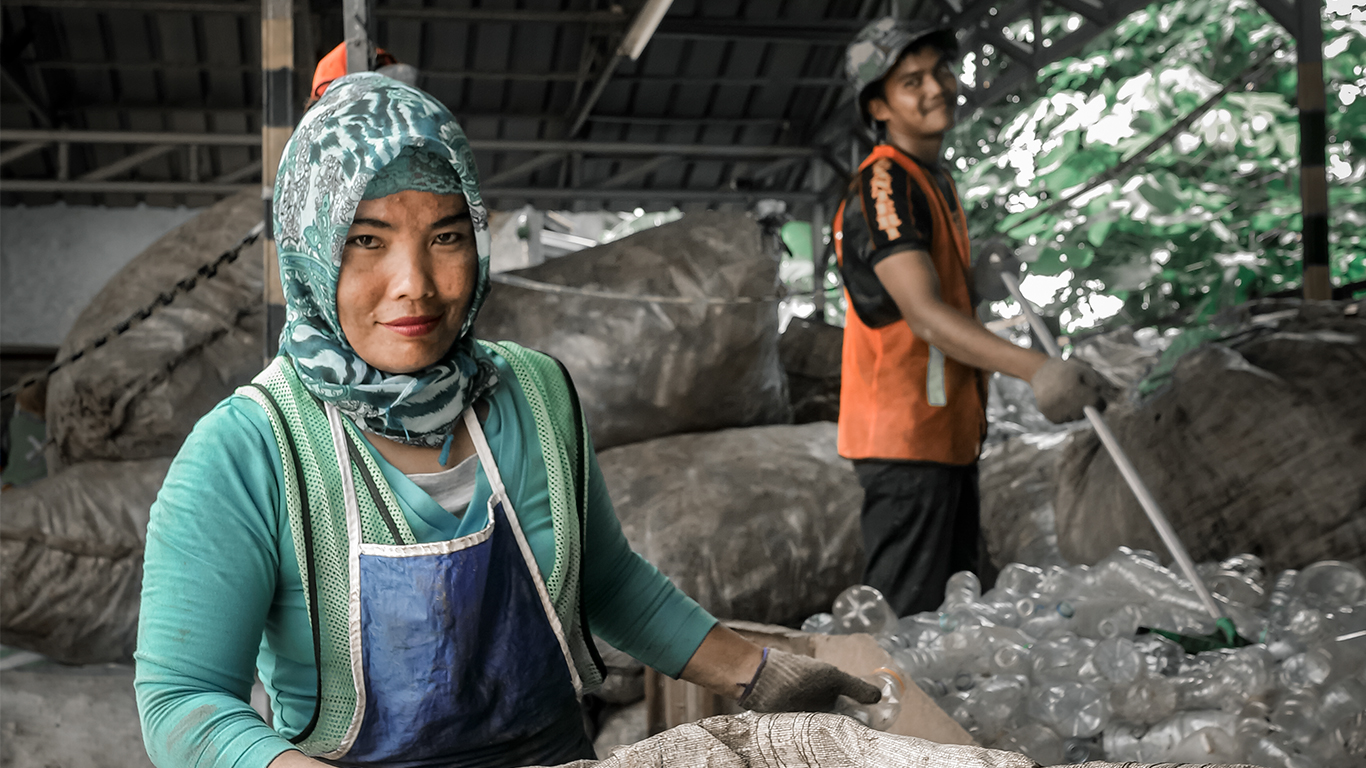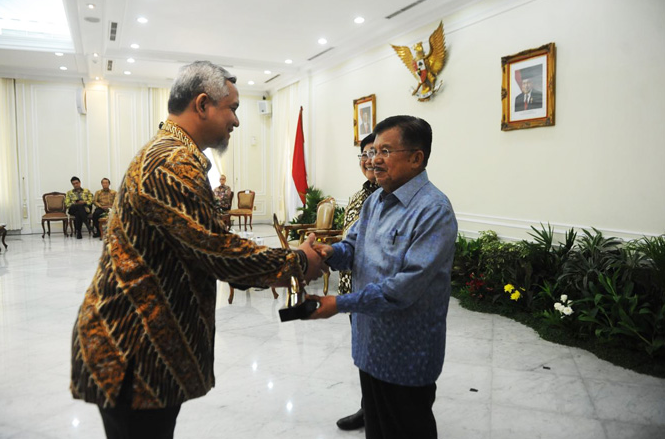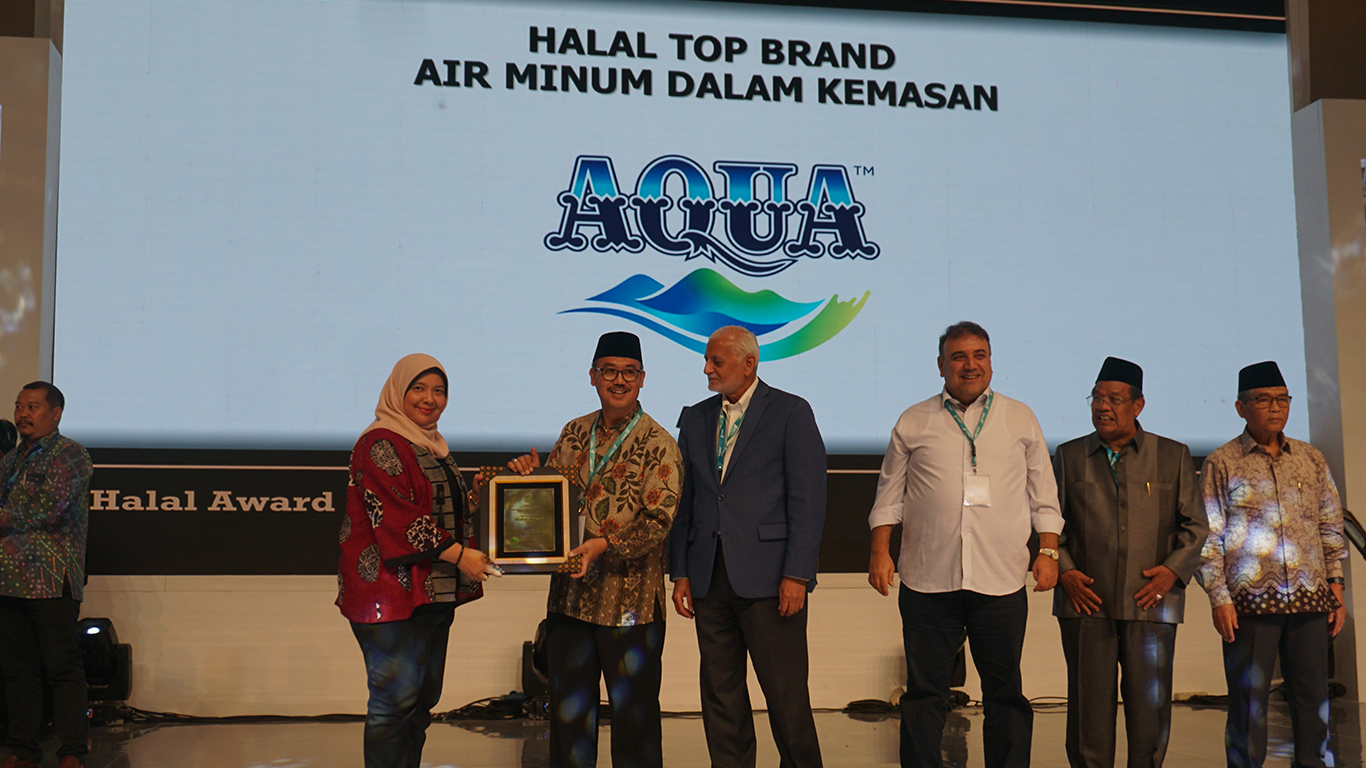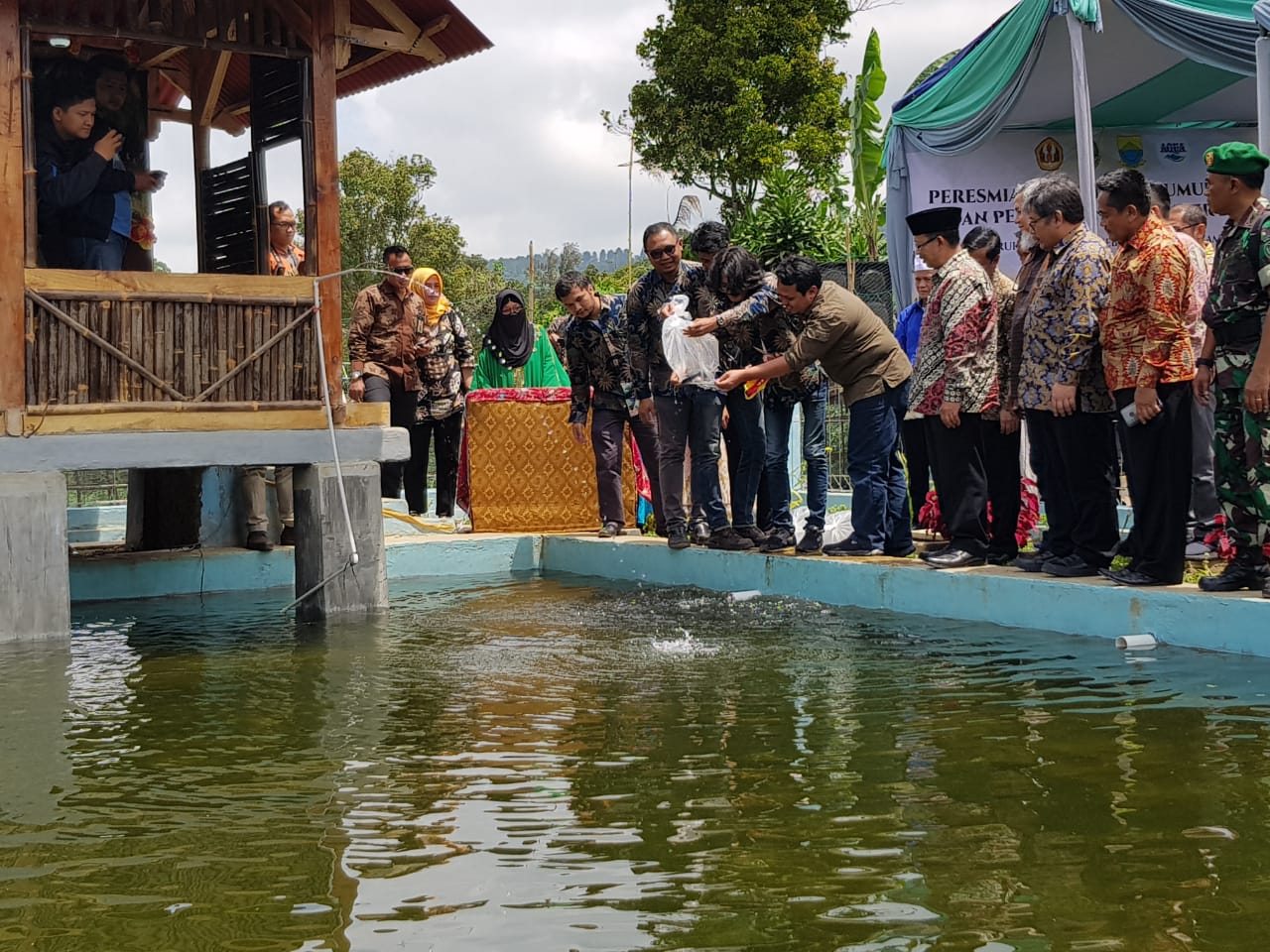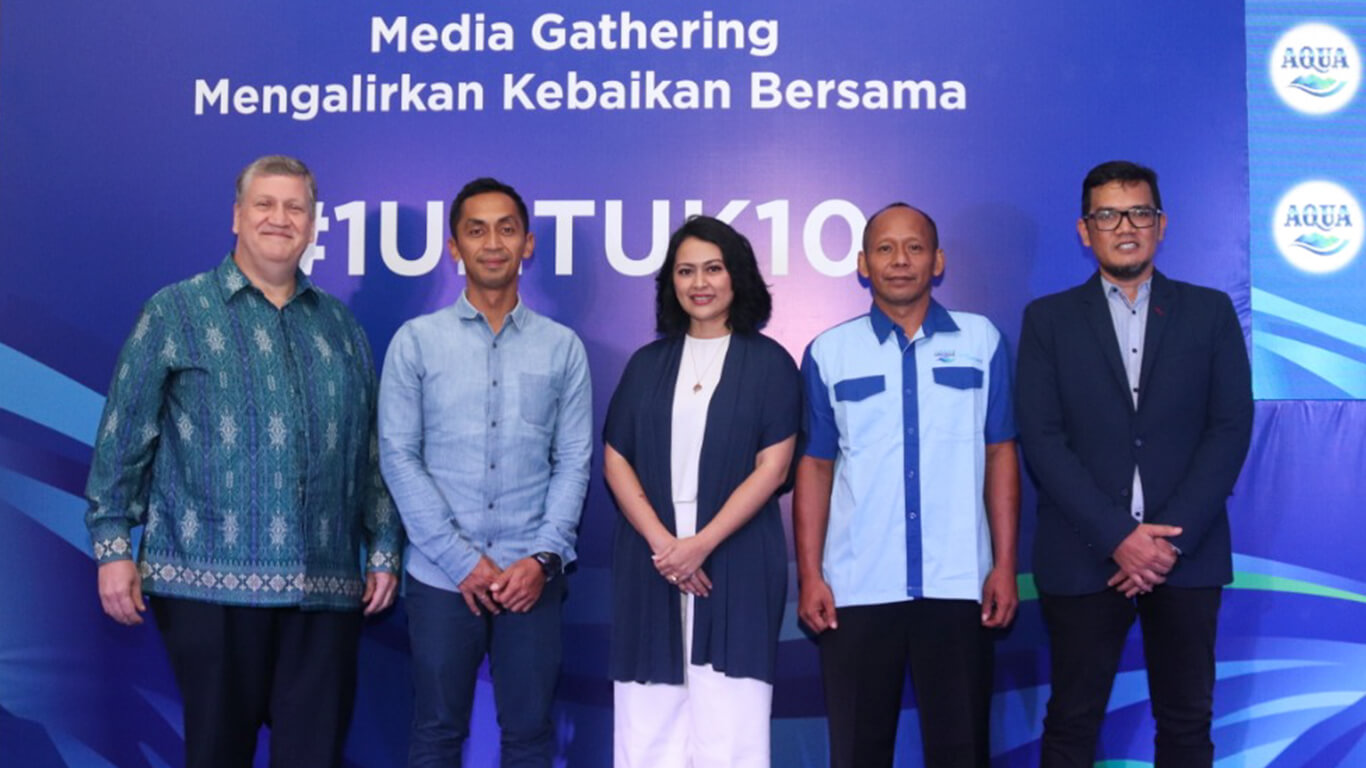Jakarta, June 19, 2020 - Based on data from the Indonesia National Plastic Action Partnership released last April, Indonesia annually produces 6.8 million tons of plastic waste and 9% of it or around 620 thousand tons goes into rivers, lakes and seas. Meanwhile, previously Indonesia was also referred to as the country that contributed the second largest plastic waste in the world. To that end, the Indonesian government has set a strategic target to reduce the amount of plastic waste entering the ocean by 70% by 2025. One way to achieve the target is to develop a circular economic approach that is able to reduce the amount of plastic waste by reusing or recycling post-consumption plastic become the raw material for making new products. The circular economy can not only be a solution to the problem of waste in Indonesia but also provide livelihoods for those who are part of the recycling value chain and currently reach more than 5 million people in Indonesia.
In response to this, to commemorate World Environment Day as well as the two-year anniversary of the launch of the #BijakBplastik movement, Danone-AQUA held a webinar session "Rise Up from Pandemic: Encouraging Circular Economy for a Healthier Community and Earth" to re-remind all communities and stakeholders about the importance of collaborating across sectors to encourage innovation in developing the circular economy in Indonesia as one of the solutions to waste management.
On this occasion, the Director of Danone Indonesia's Sustainable Development, Karyanto Wibowo, explained as a form of contribution in supporting the government's achievement target to reduce waste to the sea, Danone-AQUA has launched the #BijakBerplastik movement which focuses on three commitments to overcome the problem of plastic waste in Indonesia, namely development of waste collection infrastructure, consumer education related to waste management, and product packaging innovation. Danone - AQUA also targets that by 2025 we can collect more plastic than is used, educate up to 100 million consumers, ensure 100% of our packaging can be reused, recycled as compost, and increase the content of recycled material in bottles to 50%.
"To achieve these targets, currently we have undertaken various initiatives including building an Integrated Waste Management Site (TPST) with the Lamongan District Government, compiling the My Trash My Responsibility learning module for elementary school children and story books for kindergartens and continuing to do research and trials for more environmentally friendly packaging innovations. Since its launch two years ago, currently Danone-AQUA has collected used plastic bottles of up to 13,000 tons and educated more than 18 million consumers to be wise in their daily consumption patterns and waste management. "
The worldwide pandemic of COVID-19 has also become one of the challenges for waste management efforts in Indonesia today. The Indonesian Institute of Sciences (LIPI) recently stated an increase in plastic waste in line with changing consumer trends during the pandemic. Garbage masks, plastic gloves to reuse disposable plastics in supermarkets with the aim of protecting products from viruses increases. The plastic waste, if it cannot be managed properly, is feared could end up in the environment.
In this regard, Dini Trisyanti, Sustainable Waste Indonesia (SWI) researcher, said that although the COVID-19 pandemic has had an impact on waste management in Indonesia because scavengers and the informal sector of waste management are also very vulnerable to being affected in the current conditions, but Based on the results of SWI's research, currently the level of recycling of PET bottles in Indonesia is more than 60%, which is higher than the European average (48%) and America (29%). "This is because PET bottles have high selling prices and have been well managed by the recycling industry. This is an opportunity for waste management in Indonesia and should also be developed for other packaging that is still difficult to recycle and has low value, "explained Dini.
Meanwhile, the Head of Sub Directorate of Goods and Packaging of the Directorate of Waste Management, Ministry of Environment and Forestry (KLHK) of the Republic of Indonesia, Ujang Solihin Sidik, said "Circular economic development can be one of the solutions to answer these challenges. The circular economy will not only have a positive impact on waste management efforts but also become the main foothold in developing and implementing sustainable businesses in Indonesia. The government is currently also preparing a Green Procurement Policy as a form of support for the circular economy. Therefore, collaborative efforts are needed from each party, both government, community, consumers, producers, recycling industry, the informal sector, and other stakeholders in realizing a circular economic ecosystem that strong and tough. We also appreciate the role of producers to support the government's commitment through various steps, initiatives and innovations in waste management of products and product packaging. "



